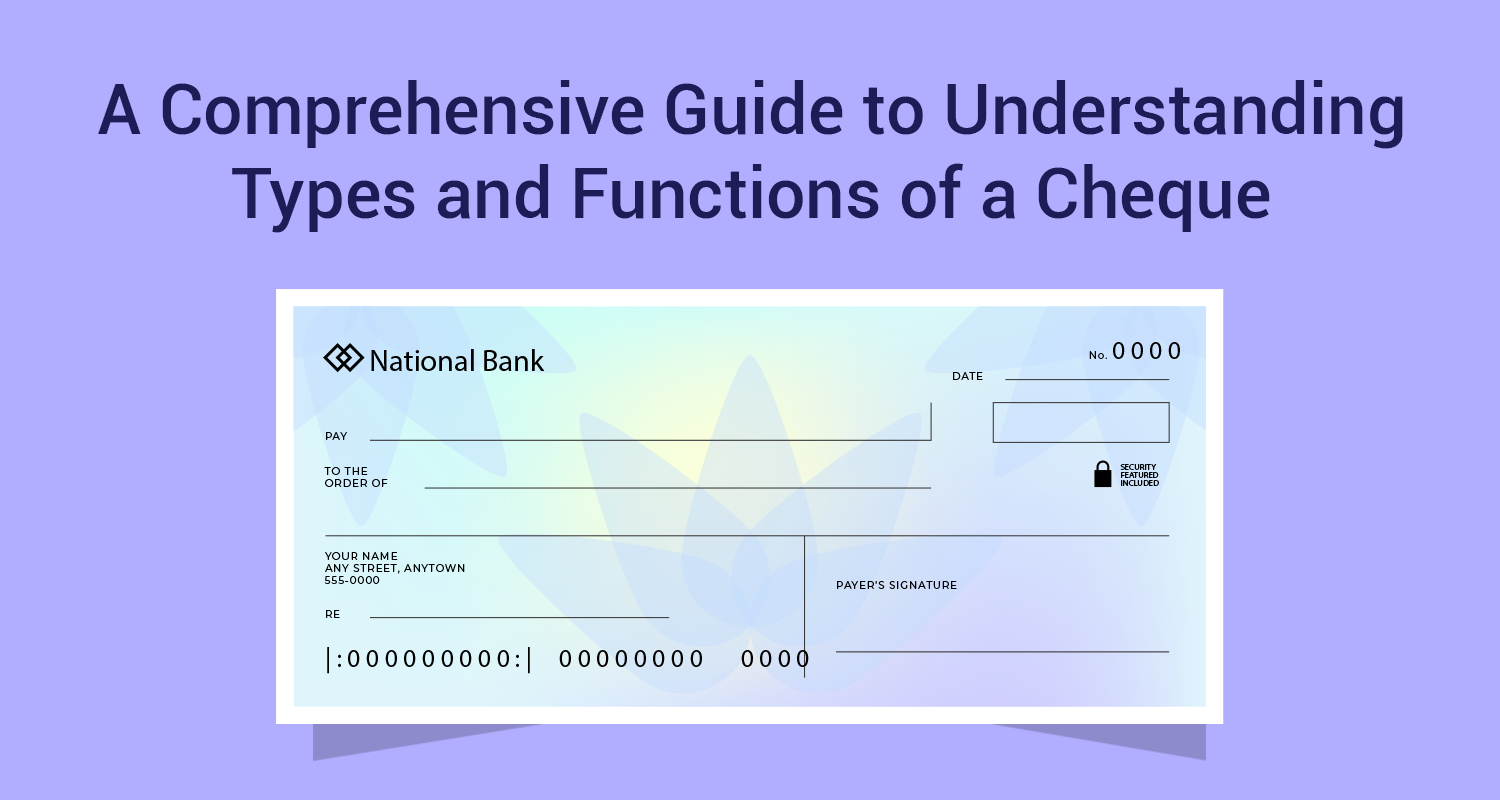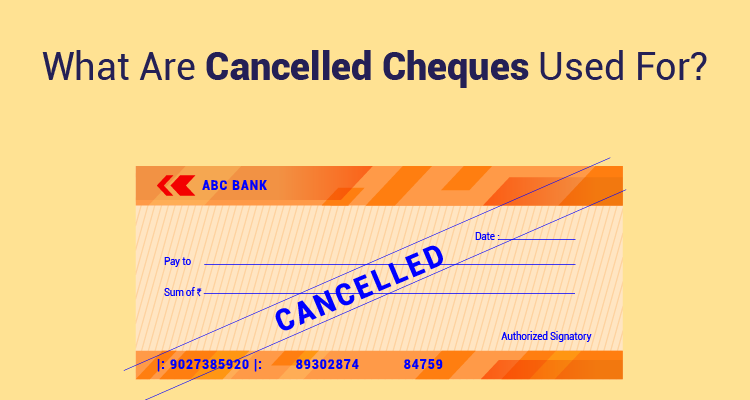Can I Withdraw Money from Mutual Funds After 1 Month?
Table of Contents
Jaydeep Seth had just invested Rs.5 lakh lump-sum in a debt fund with a view to providing for his home loan margin which he was planning after 3 years. Within 15 days of having invested in the debt fund, Jaydeep required funds urgently for his business. However, he was not too sure whether he would be allowed to withdraw funds from his mutual fund as he had not even stayed invested for a month. Here is what Jaydeep wants to know before he takes his final decision to withdraw from his debt fund.
Can I Withdraw in 1 Month?
There is nothing to prevent you from withdrawing your mutual fund holdings as long as it is an open-ended fund. Both equity funds and debt funds can be technically withdrawn as soon as the fund is available for daily sale and repurchase. Forget about 1 month; you are also permitted to withdraw within a day of your investment reflecting in your mutual fund statement. Liquidity is one of the big advantages of investing in mutual funds which is not available in many other asset classes. So, the answer is you can absolutely withdraw.
Is It Advisable to Withdraw Within a Month?
Frankly, it is not advisable. When you invest in equity funds you need to stay invested in the fund for at least 4-5 years to be able to generate above market returns. Even in debt funds, you need to be invested for 2-3 years so that the vagaries of interest rates do not impact you. Secondly, these funds will be pegged to a plan; in this case your home loan margin. It is always better not to disturb your long-term investments for your sudden requirements. A holding period of 1 month is just too short to think of withdrawing the funds.
Are There Any Costs to the Withdrawal?
In fact, there are a variety of costs attached to withdrawing from your fund within a period of 1 month. Apart from compromising your long-term goals, there are some immediate costs you incur. While liquid funds do not incur exit loads, equity funds and debt funds are subject to exit loads and you will end up paying these loads when you exit within one month. Secondly, there is a Securities transaction tax (STT) which you will have to pay in case of equity funds. Above all, there is the tax angle in case you have made a small profit. A 15-day holding period is short-term capital gains and you will pay tax at 15% on equity funds and 30.9% on debt funds. All these costs will actually work against you.
What Is the Right Time to Withdraw?
There is nothing like a right time to withdraw and it is based on judgment. Let us look at two alternative scenarios! For example, if your funds are pegged to goals then you should look to cash these funds only when the goalposts are nearing. That is the way to exit your funds. Alternatively, if you have an allocation approach to your debt/equity fund mix, then you can withdraw based on key parameters. For example, when the Nifty P/E is 25, you can withdraw from equity funds and invest in debt funds. Similarly, when the Nifty P/E is 12, you can withdraw from debt funds and invest in equity funds. These are well thought out allocation decisions and have a logic to it. Under any circumstances, random withdrawal from mutual funds must be strictly avoided.
What If There Is an Emergency Requirement?
That is a valid question but here is a thought process that you can apply in such cases. Firstly, you must always fall back upon your emergency fund. That is why in financial planning it is always best to start off by creating an emergency fund equivalent to 4-6 months of income. If you have an emergency fund, fall back upon that first but also ensure to replenish that immediately. Secondly, if you have other assets like endowments or equities where you can get a loan against your holdings, you can also consider that. Only borrow what is required and repay the same immediately. Lastly, you can also borrow against your mutual fund holdings and your bank can help you with that.
The moral of the story is that mutual funds offer liquidity as a convenience. All open-ended funds, whether equity funds, debt funds, and liquid funds can be withdrawn from the date of allocation itself. Of course, the actual decisions to withdraw must be well thought through!
Disclaimer : The information in this blog is for general purposes only and may change without notice. It does not constitute legal, tax, or financial advice. Readers should seek professional guidance and make decisions at their own discretion. IIFL Finance is not liable for any reliance on this content. Read more




